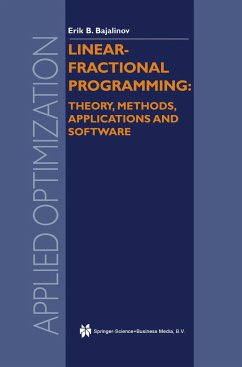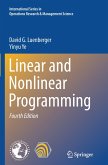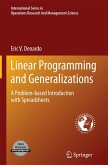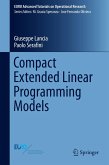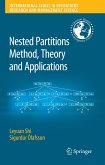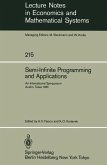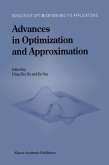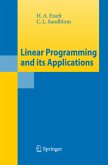This is a book on Linear-Fractional Programming (here and in what follows we will refer to it as "LFP"). The field of LFP, largely developed by Hungarian mathematician B. Martos and his associates in the 1960's, is concerned with problems of op timization. LFP problems deal with determining the best possible allo cation of available resources to meet certain specifications. In particular, they may deal with situations where a number of resources, such as people, materials, machines, and land, are available and are to be combined to yield several products. In linear-fractional programming, the goal is to determine a per missible allocation of resources that will maximize or minimize some specific showing, such as profit gained per unit of cost, or cost of unit of product produced, etc. Strictly speaking, linear-fractional programming is a special case of the broader field of Mathematical Programming. LFP deals with that class of mathematical programming problems in which the relations among the variables are linear: the con straint relations (i.e. the restrictions) must be in linear form and the function to be optimized (i.e. the objective function) must be a ratio of two linear functions.
From the reviews:
"Although several books on general (nonlinear) fractional programming are available, this is the first monograph entirely devoted to linear-fractional problems. As the title indicates, it deals with both the theoretical and the algorithmic aspects of the subject, including the description of a program package for Windows." (Juan-Enrique Martínez-Legaz, Zentralblatt MATH, Vol. 1067 (18), 2005)
"Although several books on general (nonlinear) fractional programming are available, this is the first monograph entirely devoted to linear-fractional problems. As the title indicates, it deals with both the theoretical and the algorithmic aspects of the subject, including the description of a program package for Windows." (Juan-Enrique Martínez-Legaz, Zentralblatt MATH, Vol. 1067 (18), 2005)

